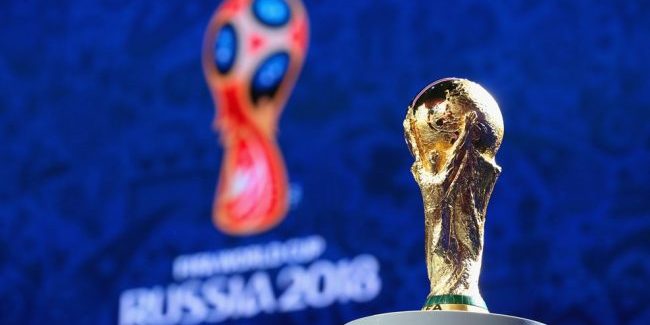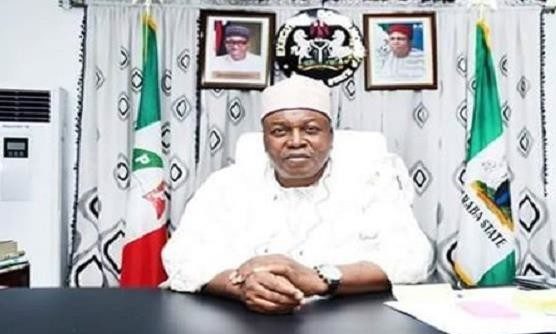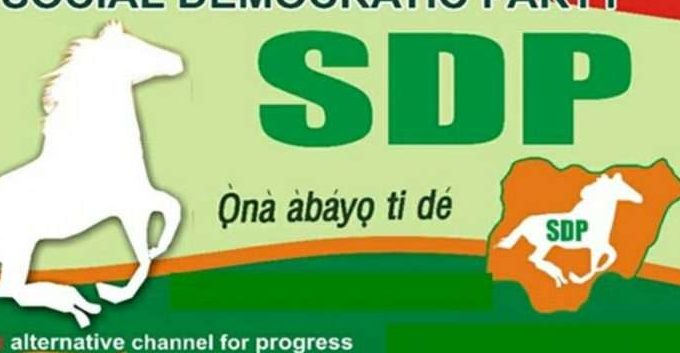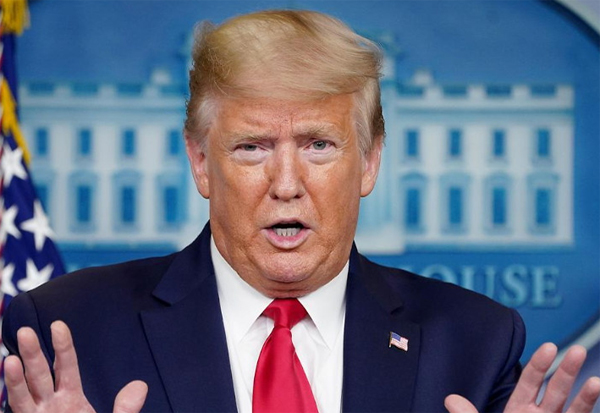Politics and football, they say, don’t mix together but in some countries and club sides, the two find a way to blend.
How has politics affected football within the context of Russia’s diplomatic row with Britain, which resulted in the alleged poisoning of a Russian spy, Sergei Skripal and his daughter, Yuliain in the United Kingdom?
The 2018 FIFA World Cup is about three months away. It would be held in Russia, a country currently in diplomatic row with some western allies – the North Atlantic Treaty Organisation (NATO).
The most recent is the face-off in the United Kingdom where a Russian spy and his daughter were allegedly poisoned by Russia, an allegation that has been denied by the Russian President, Vladamir Putin. British Prime Minister, Theresa May expelled 23 Russian diplomats as a result. Russia last week, retaliated by expelling the same number of British diplomats (23) from Moscow.
With the growing tension and agitation between the two nations, there are fears that England may boycott the World Cup in Russia in order to prevent harm on English fans and the football players. Pundits have posited that the concerns are genuine given the history of the two nations. Just two years ago in the Euro 2016 hosted by Portugal, England and Russia were in the same group in the preliminary stage.
England was leading Russia by one goal in that game until Russia equalized later on in the game and made it one apiece. As soon as the referee blew the final whistles, what followed was a violent clash between the Russian and English fans.
A former top aide to Chelsea owner, Roman Abrahamovic has suggested that the England football team should pulls out of the 2018 World Cup along other tournament favourites and ‘hurt’ Vladimir Putin’s popularity.
Christians Purslow, who was the managing director at Chelsea until last year, said “If Europe’s three leading football nations who bookmakers expect to be semi-finalists in the World Cup, Germany, France and Spain, were to decide that an unprovoked nerve agent attack by Russia on a NATO ally merited joining England in a boycott it would destroy the credibility and attraction of the tournament and hurt Putin’s popularity more than any economic or diplomatic sanction.
He said, “Our Government could not target a measure which would be better guaranteed to make clear to the Russian people, what their leader is up to and what right-thinking citizens of the world feel about it.” That came after Theresa May, British Prime Minister declared that “The holding of sporting events and the choice of venues are matters for the sporting authorities. The sporting authorities here in the United Kingdom will have heard what I have said today about the actions of the Russian state.” May was last week, asked by the Labour MP, Stephen Kinnock if she would ask football’s governing body, FIFA to postpone the World Cup for a year and move it from Russia.
Read also: MFM fight back to beat Katsina United
Russia’s ambassador to Britain, hit back and accused May of attempting to use the poisoning of Skripal and his daughter to ruin the World Cup and undermine President Putin.
He also said, “In case of further unfriendly actions against Russia, the Russian side reserves the right to take further retaliatory measures.”
Would it be the first time a country would boycott a football tournament, if England opts out of the World Cup? No, it has happened in some football tournaments in the past. In 1996, Nigeria infamously boycotted the 20th edition of the African Cup of Nations, which took place in South Africa citing security reasons.
The decision for the Super Eagles of Nigeria to withdraw from the 1996 AFCON in South Africa by Nigeria’s then military ruler, late Gen. Sanni Abacha was as a result of a protracted political tension between the two countries.
Unfortunately, for the Super Eagles, having won the tournament two years earlier in Tunisia, they were the defending champions but lost the chance to defend their title. Team captain, Austin Eguavoen reportedly said, “It is so painful, but we are in support of the federal government.”
Abacha was a dictator. He had executed Ken Saro-Wiwa, a famous environmental rights activist and eight others in spite of pleas from foreign nations. Some countries including South Africa subsequently cut ties with Nigeria. In retaliation, he ordered that Nigeria should boycott competition. South Africa won AFCON in 1996. May strongly believe that Nigeria, at the time, with some of the best players it has ever produced, would have won it.
The Super Eagles were further denied an opportunity to win the competition two years later in Burkina Faso when CAF punished Nigeria with a ban from participating in the1998 edition. This time around, Egypt won it.
Due to political tensions, two FIFA World Cups were cancelled. The World Cup which was meant to be held in Germany in 1942 was cancelled because there was no time to organize a tournament at the beginning of European hostilities in late 1939 which led to the Second World War.
The Second World War ended in 1945 but time was not enough for FIFA to organize a World Cup in 1946. The next World Cup was in 1950. FIFA has often made it clear that politics and football should not mix. Football is a sport that promotes tolerance among ethnic nationalities all over the world. The beautiful game is used to foster peace and unity. As a result, some measures have been put in place by FIFA, to ensure that political bitterness is not seen in the beautiful game.
Political slogans have been banned from stadiums. No player is allowed to make political gestures on the pitch. While raising their jerseys to reveal message on T-shirts after scoring goals, political statements are not allowed. FIFA also tries to ensure that political problems between two nations don’t reflect on the field of play or stadium.
In last season’s UEFA Champions League, clubs from Ukraine and Russia were seeded in such a way that no club from Russia would be in the same group with a club from Ukraine due to the Kremlin war. That season, UEFA made sure that Dynamo Kiev from Ukraine was not in the same group with CSKA Moscow from Russia.
Football clubs have also been punished in the past for not cautioning their fans. Diplomatic tension also adds to the intense rivalry and fun of the game. Real Madrid and Barcelona, for instance go beyond their dominance in the Spanish league. They have a history of political rivalry off the football pitch. Roma and Lazio is another example. These are teams that their political problems have a bearing on their matches.
Clashes between England and West Germany in the past had a political meaning apart from their prowess on the pitch. Off the pitch, the Second World War was usually a reference point in games between the two powerful nations. In the 1966 World Cup hosted by England they faced Germany in the final. The talking point was the rivalry between the two nations off the pitch. That made the game even more exciting. England won 4 – 2.
In the 1986 World Cup in Mexico, Argentina faced England in the quarter final. That was the first time the two teams met after the Falkland Island war in 1982 between the two. The build up to that game was all about the Falkland Island war. In that match, Diego Maradona scored a goal with his hand (Hand of God) and five minutes later, scored a goal by sprinting from half of the football pitch with the ball on his left foot while dribbling five players including the goal keeper, Peter Shilton in the process. At the end of the game which ended 2-1 in favour of Argentina. Maradona dedicated the victory to the young men of Argentina who died in the Falkland Island war.
Iran and USA met for the first time in France ’98. There was tension between the two nations. It was so intense that the American President, Bill Clinton addressed the United States before the game. Iran won 2 -1 and what followed were handshakes and hugs between players of both teams. It was a wonderful moment in football history.
England, the country where football was said to have originated is the most powerful country in Britain. It is also one of the most passionate football nations in the world. It would be a disaster if the three Lions pull out of the World Cup in Russia. The world would like to see them bury their differences for the love of the game.
Many pundits believe that if they boycott the World Cup, the footballers and fans of the lovely game in England would be the biggest losers as the Super Eagles and fans of Nigerian football were the biggest losers when they lost the opportunity to defend the AFCON title in 1996.











